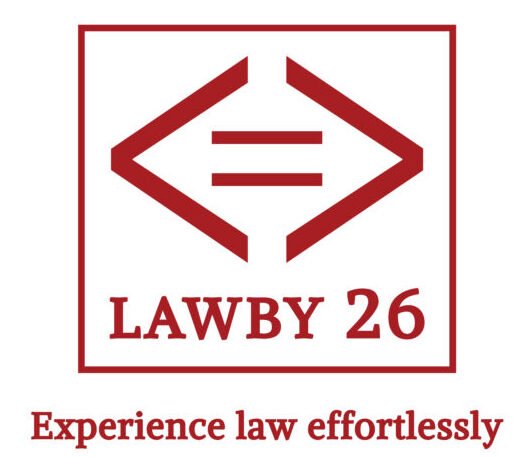Property owners who have saved enough money to purchase a respectable home are always in danger of losing it due to fraud or conflict. In a court of law, the person who has occupied a property for more than a period will be given preference over the owner. Is this phenomenon applicable in India? Adverse possession reminds the landowners not to keep their property unattended for long. Section 65 of the Limitation Act 1963 prescribes the period of adverse possession as 12 years based on previous possession. According to a recent ruling by the Supreme Court, adverse possession is the main reason why people who live on government property cannot claim title rights to it. The exemption to the principle of adverse possession is provided under Section 27 of the Limitation Act. According to Section 27 of the Limitation Act 1963, if an individual, within a designated timeframe, neglects to initiate legal proceedings to retrieve possession, their entitlement to regain possession or ownership of said property is also terminated. In Balakrishna v. Prakash (Second Appeal no. 74 of 1996, Bom), no documentation was presented to indicate that the defendant’s intent to possess began on a specific date. To the plaintiffs’ knowledge, respondents have not stated when they began occupying the property with animus possidendi. Thus, the defendants’ adverse possession plea does not prove the title. It’s essential to note that the burden of proof lies with the person claiming adverse possession, and the court will carefully examine all evidence before deciding.
Done By: Anoushka Samyuktha, B.A LL.B (Hons), LLM (Criminal Law), Junior Legal Consultant
For Origin Law Labs



